More than a car salesman: Visham Babwah's vision for energy-efficient vehicles
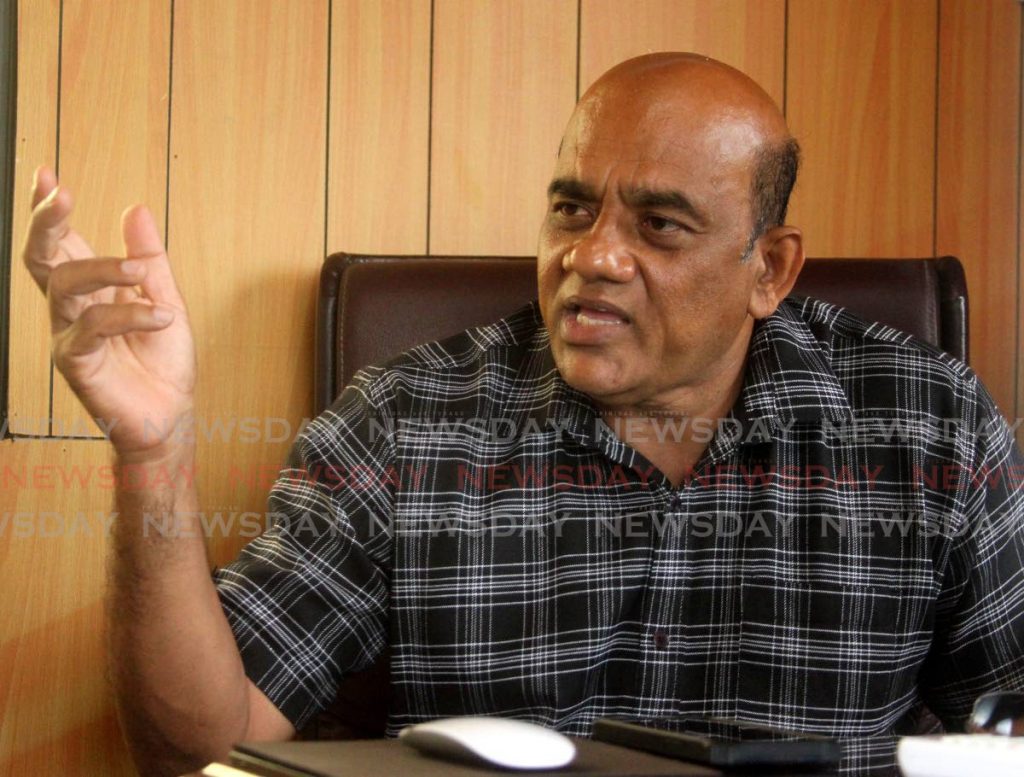
For the most part, Visham Babwah – president of the Trinidad and Tobago Automotive Dealers Association (TTADA) and owner of P&V Marketing on Mulchan Seuchan Road, Chaguanas, spends his days helping people decide what automobiles to buy that are comfortable, affordable and up to date. At his dealership, he would most likely be seen speaking and smiling with couples, young and old, looking for a car for their families, or to young people hoping to buy their very first car.
But Babwah is more than a car salesman. By most definitions, he could be considered a pioneer in the drive to reduce emissions from automobiles. The 57-year-old in an interview with Business Day said he has been a "car man" all his life. His love for cars and foresight led him to become a leading figure in the sales of hybrid and electric vehicles in TT.
Babwah: Cars are my life
Babwah grew up admiring his brother, who became a mechanic at a young age. He learnt about cars from him – the maintenance and repairs – and at about age 20, started his first company which imported and distributed car parts.
At 26, Babwah' family opened a separate business manufacturing and distributing car filters. But when the dollar was floated in the early 1990s the family business like many others folded.
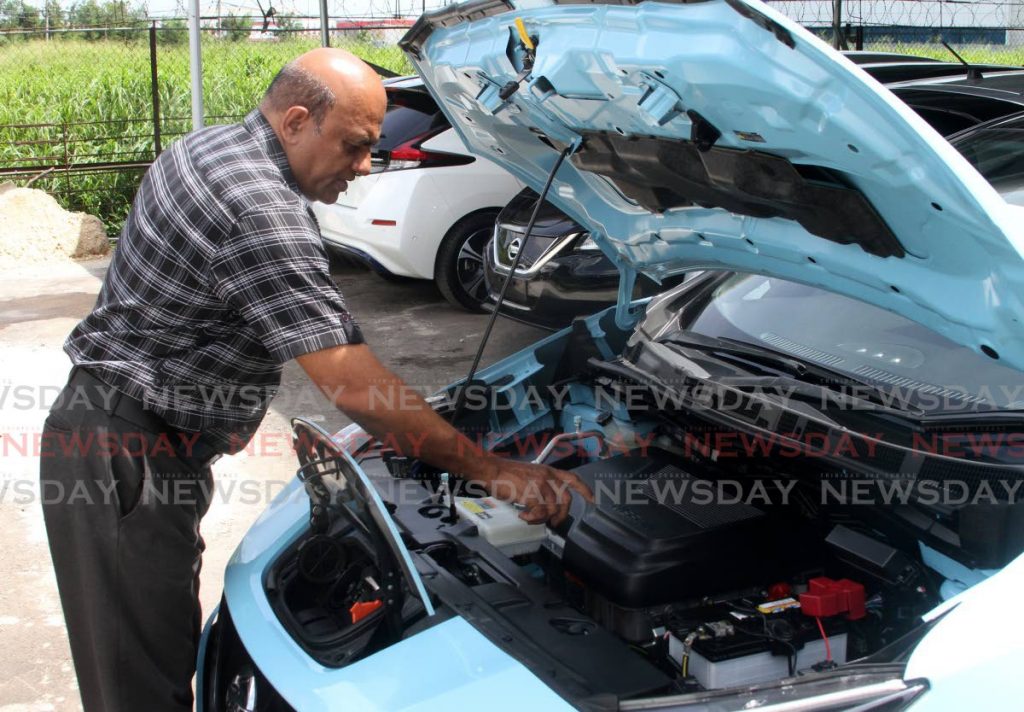
“A lot of businesses had to fold because local businesses could not compete with vehicles coming in from China and so on. So we had to shut down,” he said.
But when former prime minister Basdeo Panday decided to open the foreign-used car market, thousands of businesses popped up almost overnight. Babwah and his family also got into the foreign-used car business.
“That is one of the best economic decisions taken by a prime minister of this country to date,” Babwah told Business Day. “Before that there was a monopoly on cars in the country and every other day when you went to buy a car from one of those franchise dealers you would face a raise in prices. You also had the assembly of cars here but it was very sub-standard. You would have a lot of leaks and issues with how the vehicles were put together.”
Babwah was also very conscious of emissions from cars and its effects on the environment. He said the foreign-used car industry revolutionised the range of cars that were on the roads.
He said before there was competition from foreign-used car dealers, franchises sold vehicles that were more than 10 years old. He added that although they are recognised as foreign-used car dealers, many of them can also get cars directly off the production line.
“When people hear foreign-used cars sometimes they associate it with a car they don’t use in whatever country. They associate it with an old banger in London or somewhere else. But that was not the case,” he said. “When I started importing foreign-used cars there were already emission regulators in those cars. These devices were all baby steps to reducing emissions.”
“First there was electronic ignition and then came catalytic converter which neutralises pollutants in the gas. We started importing those cars way before franchise dealers.”
The future will be electric
Babwah managed to get a glimpse into the future of the automobile industry in 1997 when the Toyota Prius was launched. He was in Japan that year and got a chance to test drive the Prius. It was then he knew that the future would be electric.
“I realised we were getting sub-standard products in the automotive industry in TT,” he said. “I decided to make a change. The hybrid and electric industry was there in the making in TT, but no one was taking up the challenge.”
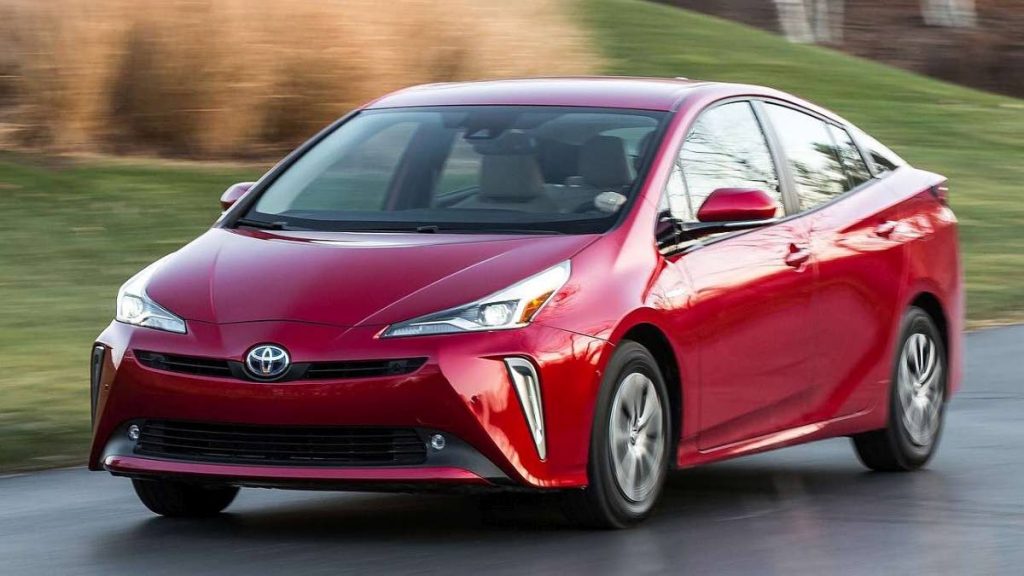
In 2010, he formed the TTADA and he along with vice president Rhondall Feeles began lobbying for the import of six-year old vehicles and hybrids. At the time, the only commercial electric vehicle in circulation was the Nissan Leaf. But the hybrid technology had already been around for 13 years.
He said getting the technology into TT seemed easy at first. For the electric vehicles he brought in the Nissan Leaf. Brands like the Prius were brought for people considering a hybrid option as well.
But he hit the first hiccup when he realised that he was the only person bringing in the vehicles.
“No one wanted to get into it because there were no technicians and trainers available,” he said.
As a result, he and about 20 staff members went to the US and the UK for training in the repair and maintenance of cars with hybrid and fully-electric engines. They also learned about maintaining engines with hydrogen fuel cells as well.
“It cost me a lot of money for training – about US$150,000 (TT$1 million) to train technicians to be able to fix hybrid and electric cars. Not many foreign-used dealers were willing to do that. Actually, some dealers said the technology was dangerous and warned people against buying it. But when the cars started popping up and people began training for its repair, a lot of them went into it.”
Government wanted us to fail
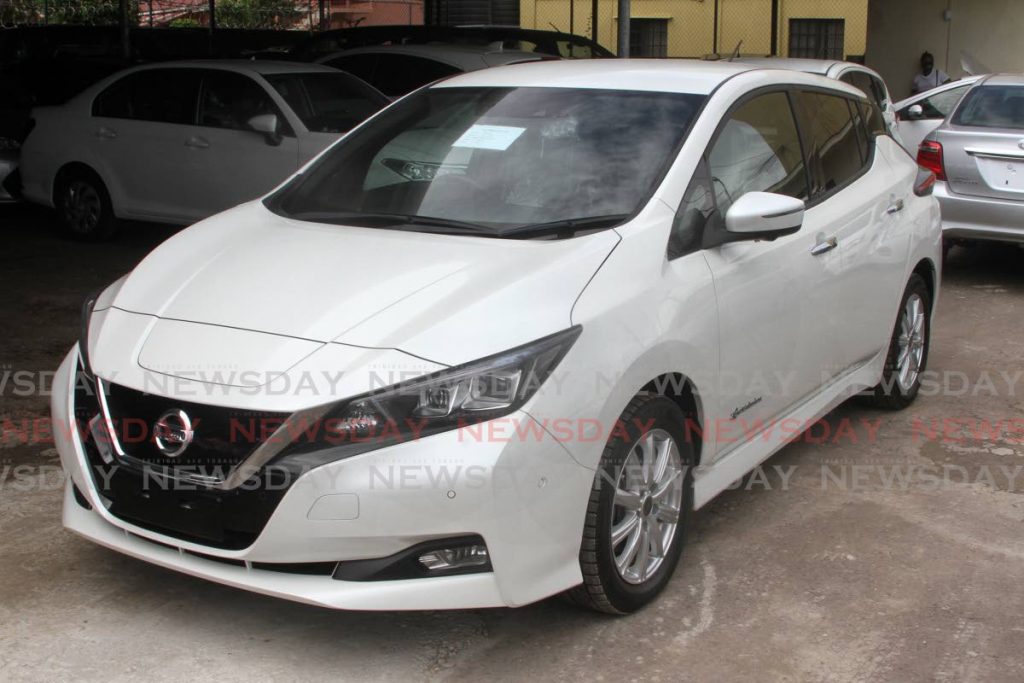
A lack of support from his peers was not Babwah’s only challenge. The country had never seen anything like electric or hybrid cars before and to get people to buy into the technology, they had to be educated.
He added that despite his appeals to government, the industry was not supported in the way it should be. Instead, he said government put pressure on the industry through restrictive policies, which for the most part killed the first drive to electrification.
“It felt like government wanted foreign-used car dealers to fail. Every year there was a new restriction.”
In former finance minister Larry Howai’s 2015-2016 budget, under the People's Partnership, exempted motor vehicle tax and VAT on electric vehicles, but only for those with a motor capacity of less than 179 kilowatts.
The restrictions on capacity meant that the available electric vehicles had a very short range before needing to be recharged. That along with the fact that there was no infrastructure to support the recharging of electric vehicles while on the road. That caused the early drive for electric vehicles to fail.
Howai also gave concessions to hybrid vehicles not older than two years, which saw the import of a wide range which included the Toyota Prius, the Toyota Fielder, the Aqua and even high-end vehicles such as the BMW i3.
But in the 2017-2018 budget, the first term in the Rowley administration, Finance Minister Colm Imbert put a cap on the 2015 concessions, removing all incentives on hybrid vehicles with engines exceeding 1599cc.
Imbert also increased the vehicle tax and customs duty on private vehicles with engine sizes above 1599cc but not exceeding 1999cc.
To add to this, the policy which exempted vehicles from tax had a sunset clause which came into effect in 2020 and was not extended.
That severely limited the range of vehicles available for import, Babwah said.
“We had about 15 different models. Electric was still kind of new, so we only could have brought in the Nissan leaf and the Hyundai Ioniq, that is because of the limitation we had with the motor kilowatts, but we had the Prius the aqua, Axio, fielder, Prius, vessel, fit, grace (electric counterpart to the city), the Honda Freed, Toyota Sienta, Nissan X-Trail and other models.
“When government gave us the exemption they realised that some cars – Mercedes Benz and BMW X5 (hybrid) were coming in we were restricted. If there were less restrictions, there would be a lot more electric and hybrid vehicles on the road.” Babwah said to date, there are just over 100 electric vehicles and 40,000 hybrids on the nation’s roads.
Drive to energy-efficient cars
However, TT is still far behind in the race to transition from the use of fossil fuels to clean energy.
In the 2021-2022 budget read on October 4, Imbert proposed the removal of all customs duties, vehicle tax and VAT on the importation of battery-powered electric cars with an age limit of two years. While the move was welcomed by Babwah, he warned that the exemptions would only benefit a few people as the already expensive electric car will not have a depreciated price to make it affordable for more people.
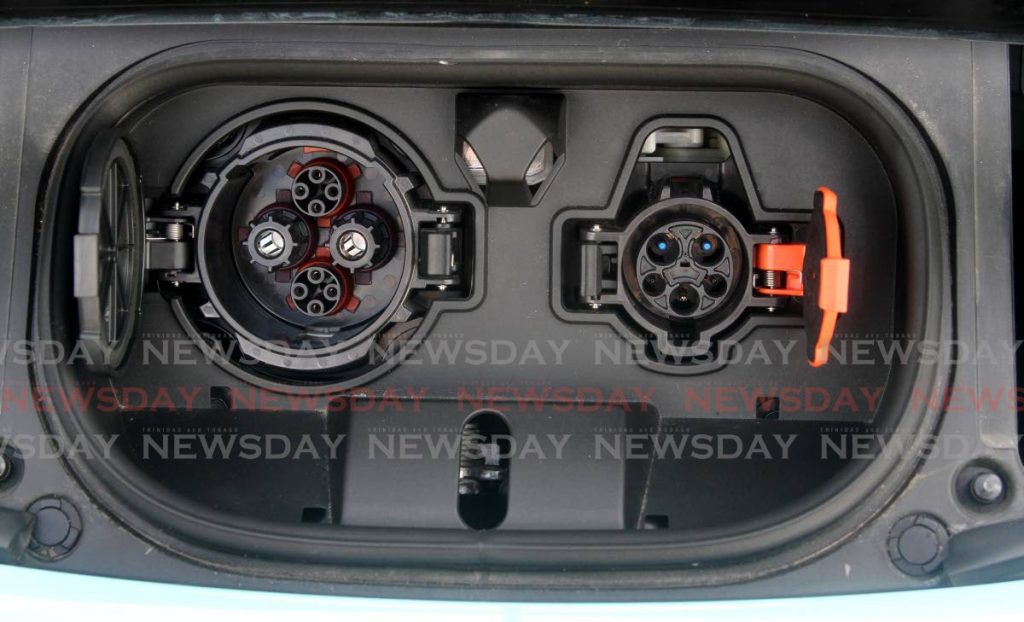
“One of the biggest evolutions of the automotive industry is from gas to electric,” Babwah said. “But the cost of an electric car is about three times the cost of an internal combustion engine. Plus these are not normal times. We are still in a pandemic. So only a few people, less than ten per cent of the population will buy that.”
He said even the vehicles that he brought in – four-year old Nissan Leafs – can come in at about $275,000
“How many people can afford that? A public servant working for between $6,000 and 8,000 applies for a loan at the bank for that amount he would not get it; and people do not have that amount of savings to pull out to buy a car cash. So you can say that buying the car would save you money in the long run but the upfront payment and the monthly instalments people simply cannot afford,” he said.
He added that hybrid cars cannot be left out of the conversation as they also provide an affordable option to an automobile with reduced emissions.
A used four-year old Aqua sold for between $55,000 and $65,000, Babwah said. Brand-new, it was sold for $135,000 to $145,000.
“People bought into that because they could afford it. Now you can see an Aqua on any corner you go in TT. They were good cars and the sale of these cars contributed to the reduction of the carbon emissions. They wanted to buy the cars because they would be spending less money at the end of the day on gasoline, on servicing the car and everything else. With that being said, the availability of the car and the price is what will make people buy.”
Babwah said he is already looking at the next evolution in the automotive industry – hydrogen fuel cells which will turn fuel into water. He said no matter what the restrictions are, he will continue to find ways to bring affordable, futuristic cars to the people he serves.
“People thought hybrid and electrics were going to fail. But I told them it wouldn’t. I said when it becomes so big people would not be able to ignore it, then you would see everyone wanting to be part of it. The industry will have a change again and people would have to train again, and I intend to be ahead of that curve.”


Comments
"More than a car salesman: Visham Babwah’s vision for energy-efficient vehicles"